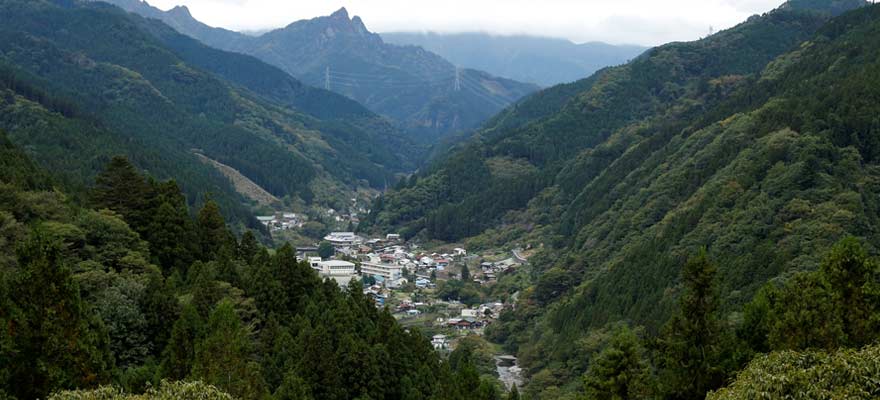A major Japanese electricity company is partnering with a Blockchain Startup to test a new peer-to-peer renewable energy trading system.
Kansai Electric Power Company is Japan's second largest electricity supplier, with 164 power generation facilities operating on nuclear, hydroelectric, thermal, solar, and wind power.
Power Ledger is a blockchain startup that focuses on renewable energy. It allows customers to trade electricity between themselves and receive payment automatically, meaning that they can profit from their excess power.
The trial is aimed at providing communities with cheap power and allowing people to sell their energy to their peers. KEPCO intends to build 'virtual power plants' in which "where consumer-owned generating and storage capacity can be used to support local energy demands", according to a Power Ledger post in Medium.
The trial focuses on ten chosen homes in Osaka City. KEPCO will allow Power Ledger to access meter data, and Power Ledger will allow KEPCO to use its platform to facilitate and monitor energy trading between participants.
Power Ledger Managing Director David Martin said: “The fact that KEPCO is exploring the Power Ledger platform as a solution is a massive indication that the industry has accepted that change is inevitable. The energy industry is traditionally conservative, and rightly so. When they implement changes consumers are relying on them to be certain it’s the right decision.”
KEPCO has a market capitalisation of over $13 billion and has been criticised in the past for its methods in promoting the use of nuclear power. Following the Fukushima disaster of 2011 all nuclear plants in Japan were shut down pending safety inspections, and as of now 43 of the country's 54 plants are idle. At a shareholders meeting in March 2012, it became known that the company had donated 1.695 billion yen to various public and private institutions. KEPCO was forced to cancel the re-activation of its Ōi nuclear site in 2013 following public protest.


















